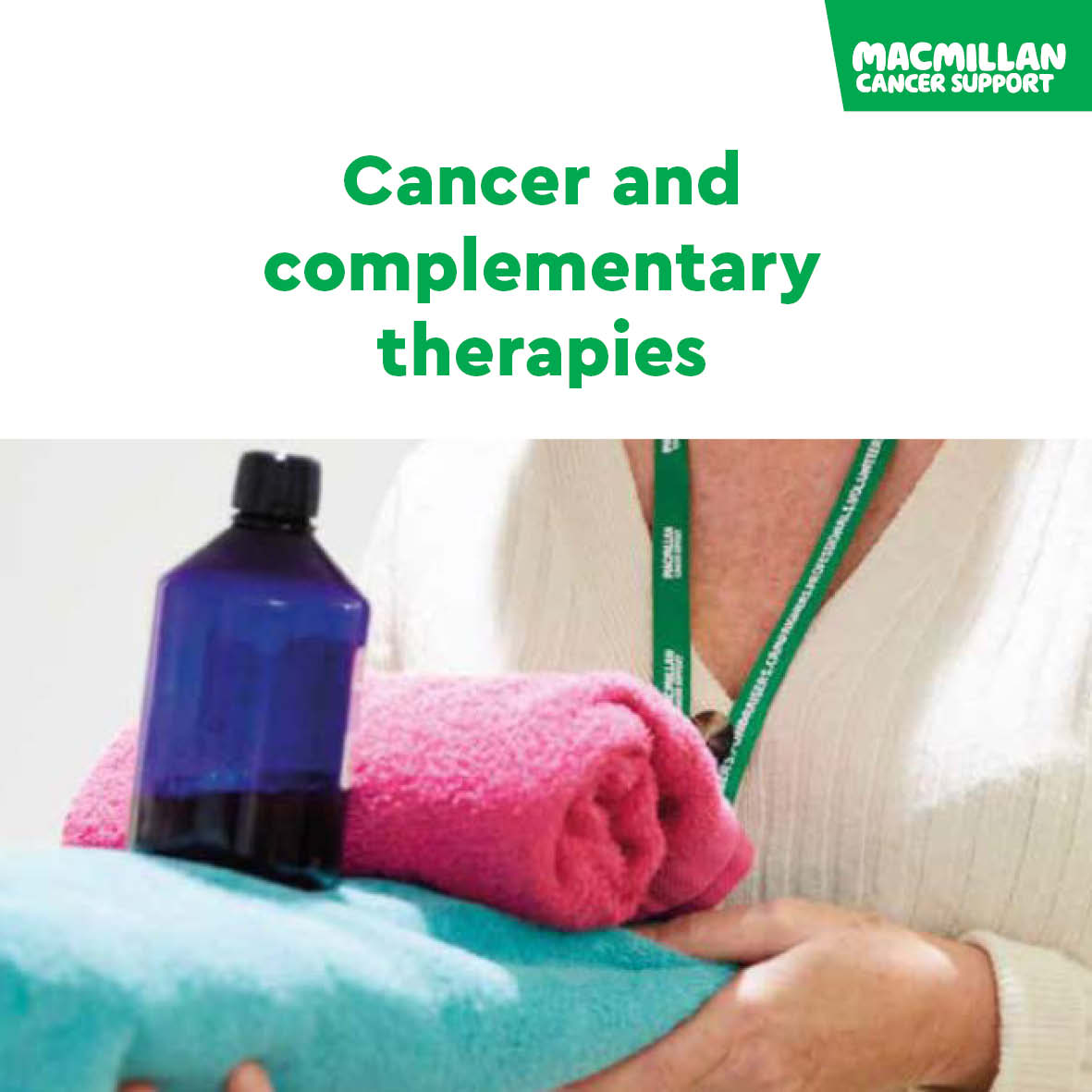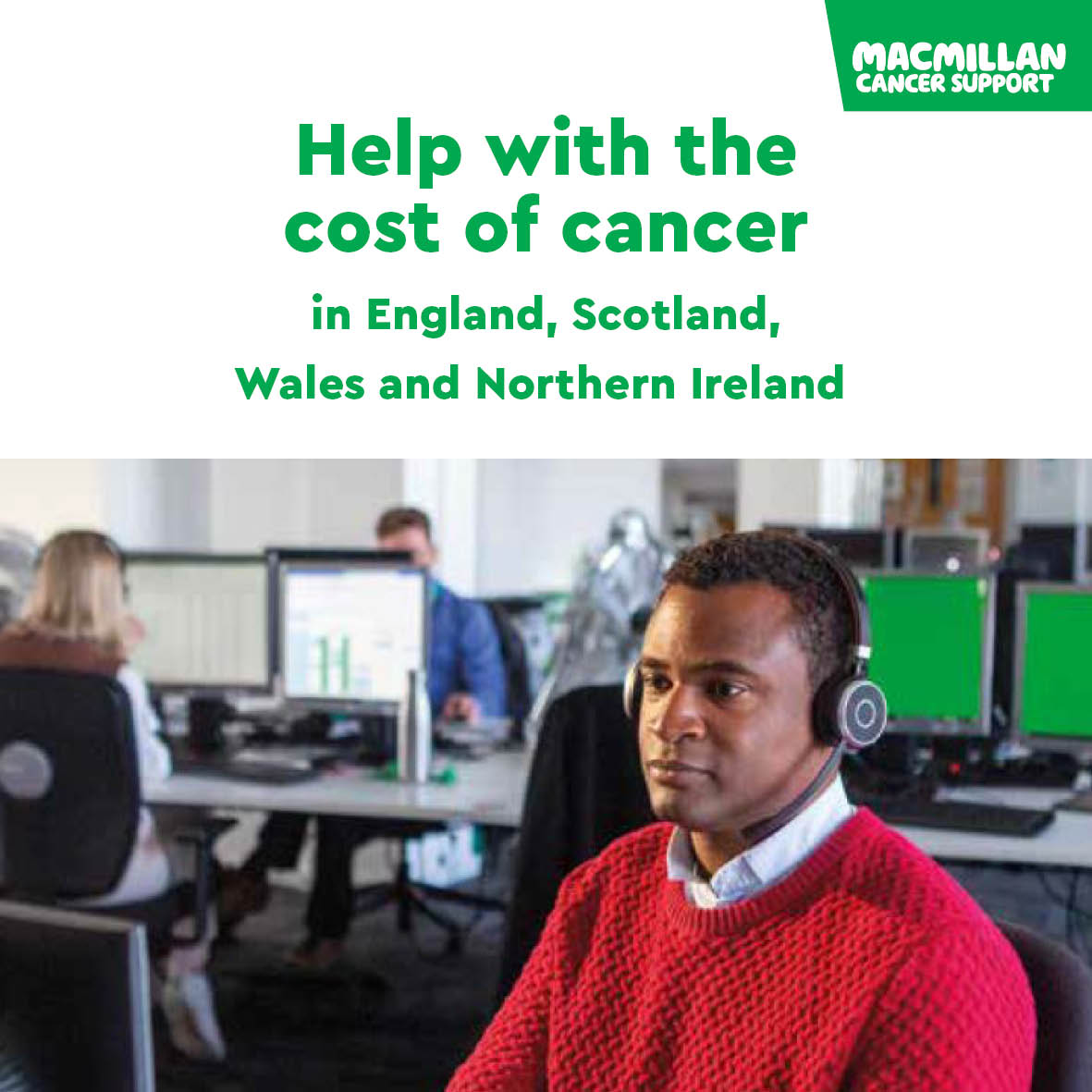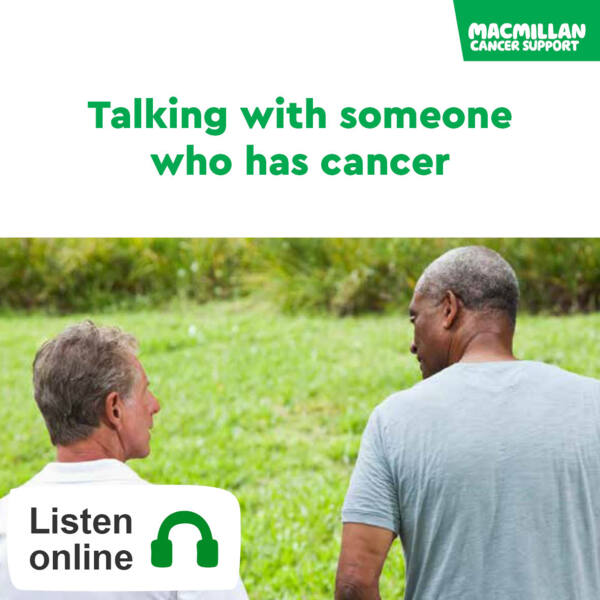
Cancer and complementary therapies

This audiobook is about complementary therapies. There are many different types of therapy. This audiobook is about the most common types used by some people with cancer.
We hope this audiobook gives you a balanced view of what is available and what is involved if you decide to try one.
We cannot advise you about the best treatment for you. You should talk to your doctor, who knows your medical history. It is important to tell your cancer doctor if you are thinking of using, or are already using, any complementary or alternative therapy. Always tell your therapist that you have cancer.
You might be advised not to have complementary therapies. This is because it is not safe to have them if you have a certain type of cancer, or if you are having certain treatments. Your healthcare team can give you more information about this.
You can also listen to this audiobook on Soundcloud.
Visit our online information about cancer and complementary therapies.
In this audiobook
- 1 Information about this audiobook and other support from Macmillan
- 2 Introduction
- 3 About complementary therapies
- 4 Why do people use complementary therapies
- 5 Choosing a complementary therapy
- 6 Choosing a complementary therapist
- 7 Types of complementary therapy
- 8 Mind-body therapies
- 9 Movement therapies
- 10 Massage therapies
- 11 Other touch therapies
- 12 Acupuncture
- 13 Homeopathy
- 14 Herb and plant extracts
- 15 Diet and food supplements
- 16 Talking, counselling and support groups
- 17 What are alternative therapies
- 18 Types of alternative therapy
- 19 About our information
- 20 Other ways we can help you
- 21 Other useful organisations
- 22 Further resources
- 23 Can you do something to help
- 24 Information about this recording
This audiobook is about complementary therapies. There are many different types of therapy. This audiobook is about the most common types used by some people with cancer.
We hope this audiobook gives you a balanced view of what is available and what is involved if you decide to try one.
We cannot advise you about the best treatment for you. You should talk to your doctor, who knows your medical history. It is important to tell your cancer doctor if you are thinking of using, or are already using, any complementary or alternative therapy. Always tell your therapist that you have cancer.
You might be advised not to have complementary therapies. This is because it is not safe to have them if you have a certain type of cancer, or if you are having certain treatments. Your healthcare team can give you more information about this.
You can also listen to this audiobook on Soundcloud.
Visit our online information about cancer and complementary therapies.
More audiobooks like this
-
Audiobooks 01 Jun 2026This audiobook is about getting benefits and other financial help if you are affected by cancer in England, Scotland, Wales or Northern Ireland. It explains the types of financial help you could get...
-
Audiobooks 01 Mar 2024This audiobook is about talking with someone who has cancer. It is for anyone who wants to support someone with cancer, including carers, family members and friends. The audiobook explains how to talk...
-
Audiobooks 01 Nov 2023Having cancer affects all areas of your life, including the way you feel. This audiobook is about the main emotions that many people with cancer have. This may be after diagnosis, during treatment or...





